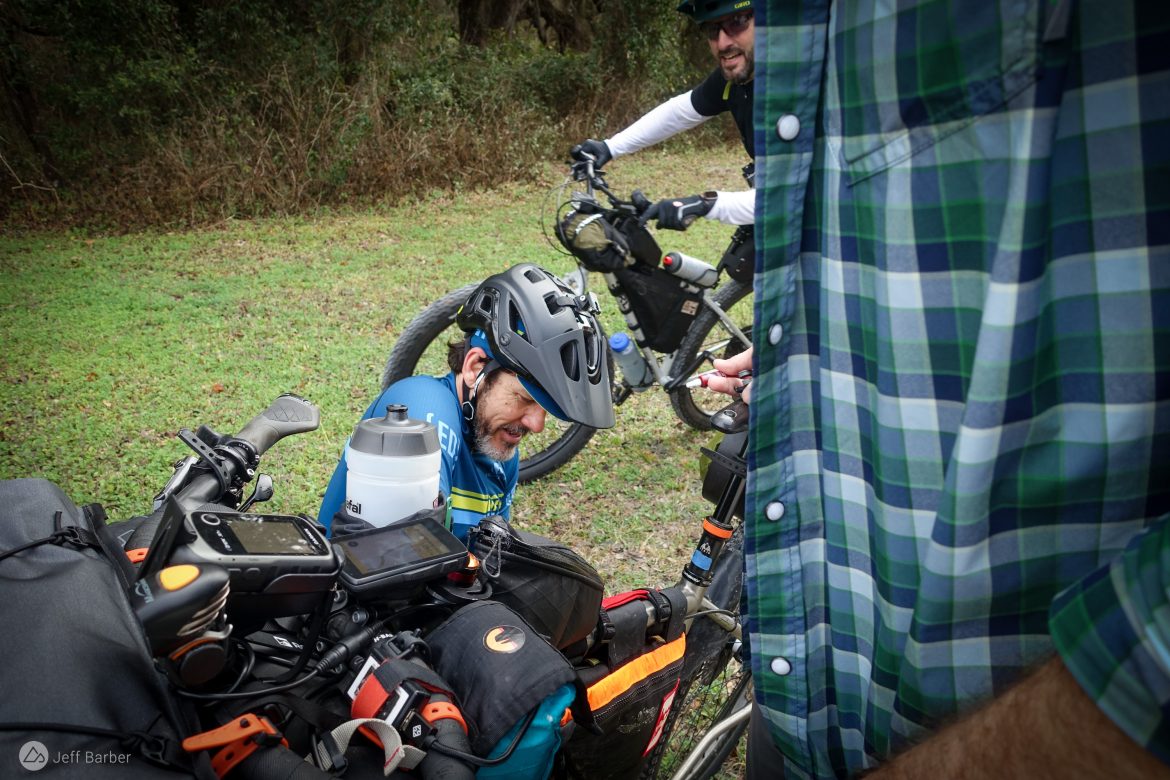
Chase Blanton was 34 years old when he was first diagnosed with Type 1 diabetes. A competitive bicycle racer through his late twenties, Blanton was going full throttle at his sheet metal and gutter business when the housing crisis hit in 2007 and 2008, and he found himself facing enormous stress both at work and at home.
“I woke up in the hospital. I had gone DKA which is a kind of a diabetic coma, because my blood sugar was so high.”
Earlier that day Blanton had visited his general practitioner for some tests. Friends and family noticed he had lost weight, and lately he had been feeling extremely thirsty, despite drinking gallons of water and Gatorade. Back at home and awaiting results from the doctor’s tests, Blanton became unresponsive and unable to move his body. A doctor told his wife to rush him to the hospital, because he may be in a diabetic coma.
“I thought it was a joke. I didn’t believe it because I was under the impression — which a lot of America is — if you have diabetes you’re overweight and you don’t exercise.” It took six months for Blanton to finally accept his doctor’s diagnosis and to face the fact that this was something he would have to deal with for the rest of his life.
According to the CDC, Type 1 diabetes seems to be caused by the body mistakenly attacking and destroying the cells that produce insulin. The trigger for Type 1 diabetes isn’t fully understood, though it may to be linked to genetics and possibly environmental triggers like stress or a virus. Though the condition is often diagnosed at a young age, for many it is not caught until adulthood.
Type 2 diabetes is far more common and shares many of the same risks and symptoms as Type 1 diabetes, though not the same causes. A healthy diet and exercise greatly reduce the risk for Type 2 diabetes, and many of the Type 2 symptoms and complications can be reversed with lifestyle changes. However, that’s not the case for Type 1 diabetes, though Blanton tried to convince himself otherwise.
“It has to be fixable,” he told himself upon diagnosis. “This isn’t my life.”
So he decided to do something. “Within a couple of weeks of getting out of the hospital I cleaned up all my bikes and I was back to riding. And I have not stopped since.”

Blanton almost literally has not stopped riding his bike over the past 16 years. He’s completed major bikepacking races including the Huracan, Trans North Georgia, and Mountain 420, and now his sights are set on the Tour Divide starting on June 10. His goal is to finish the 2,700+ mile route in 30 days.
One of the keys to mountain biking nearly 100 miles a day for a month straight is a constant stream of fuel and hydration. For Type 1 diabetics this is complicated by the fact that every carb they consume must be matched with the proper dose of insulin to maintain blood sugar levels. Because their bodies don’t produce enough insulin, diabetics take insulin so that blood sugar can enter cells, providing the energy the cells need to do their job. Too much unabsorbed blood sugar can make a person feel thirsty and tired, and may cause blurry vision. Too little — low blood sugar is known as hypoglycemia — and they’re left feeling confused, dizzy, irritable, or worse. Maintaining the proper balance is a never-ending roller coaster ride.
Blanton tells me, “It’s hard for diabetics to carb load because we’re always having to adjust and make up for the carbs we’re eating instead of our body naturally allowing it to process.” For him, low blood sugar usually manifests as blurry vision and a sense of “zoning out” while riding, and fortunately he has experienced only minor spills here and there as a result. However in the moment he can be unaware that anything is wrong at all. According to the CDC, Type 1 diabetics may develop hypoglycemia unawareness over time.
High blood sugar can be just as dangerous and debilitating on the bike. “High blood sugar elevates my heart rate. It literally feels like somebody standing on your chest.”

When Blanton decided to get back on the bike following his diagnosis, his doctors were supportive but warned him not to ride with low blood sugar, and to check his levels regularly while exercising. Blanton uses a continuous glucose monitoring (CGM) device to help him keep track of his levels during the day, and has an insulin pump to deliver the hormone as it’s needed. Some diabetics inject insulin multiple times a day using a syringe instead.
Having specialized medical devices to monitor blood sugar and deliver insulin is certainly beneficial, but it introduces more equipment that could potentially fail on a multi-day ride, not to mention the need to pack additional supplies. He’s considered switching to old-fashioned insulin shots to save weight and space for bikepacking, but ultimately the equipment is worth carrying because it’s more convenient to use. For the Tour Divide, Blanton plans to mail replacement pods to himself along the way and says that insulin is generally available pretty much anywhere there is a pharmacy.
It took some getting used to, but Blanton said his girlfriend and his family aren’t too worried about him taking on the Tour Divide solo this summer, especially after seeing him complete so many big rides over the years. Of course like most riders, he’ll be carrying a satellite tracking device so friends and family can keep tabs on his progress. When I ask what worries him the most about the trip, he doesn’t mention diabetes.
“I’m an only child. I’m used to being alone but I think I’m worried about the solitude,” he says. “If I’m alone out on the road for days on end, I don’t want to get into a dark world and just be like ‘ugh, another hundred miles.'”
Like most diabetics, Blanton works with an endocrinologist, along with a fitness coach and nutritionist, and he’s consulting all three in preparation for his ride. His coach even connected him with another Type 1 rider who is planning to ride the Tour Divide this year, which has been helpful for swapping information.
“I’ve heard stories of doctors and nurses telling people, ‘your kid will never play sports,'” Blanton says. Clearly doctors don’t know everything when it comes to this disease and so Blanton, for one, isn’t letting it slow him down.













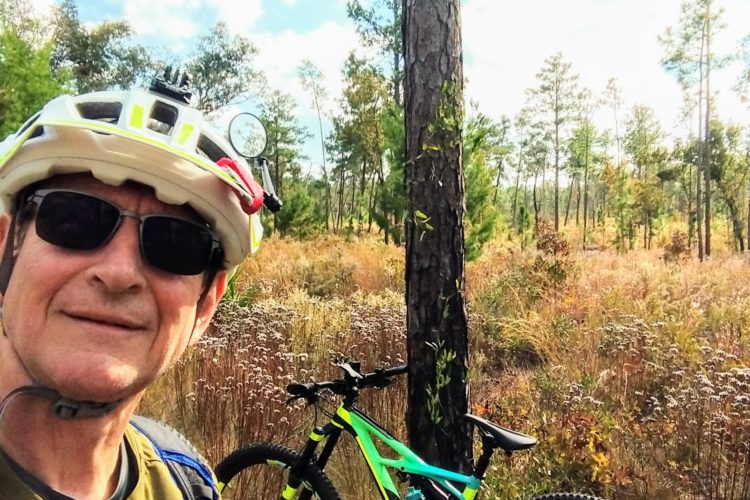


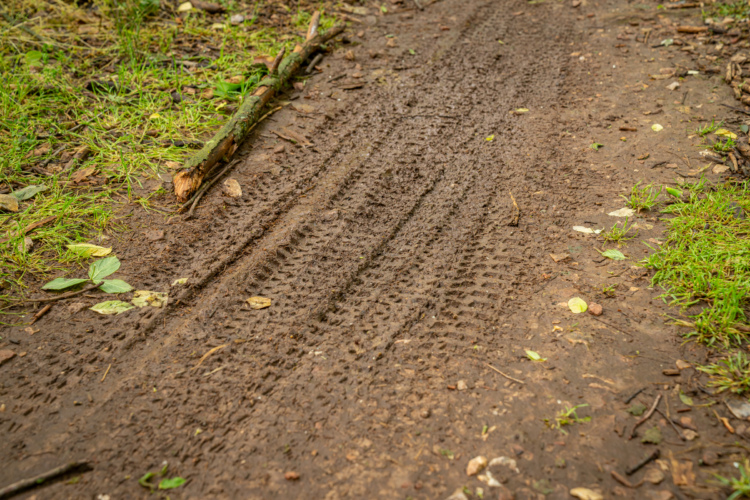
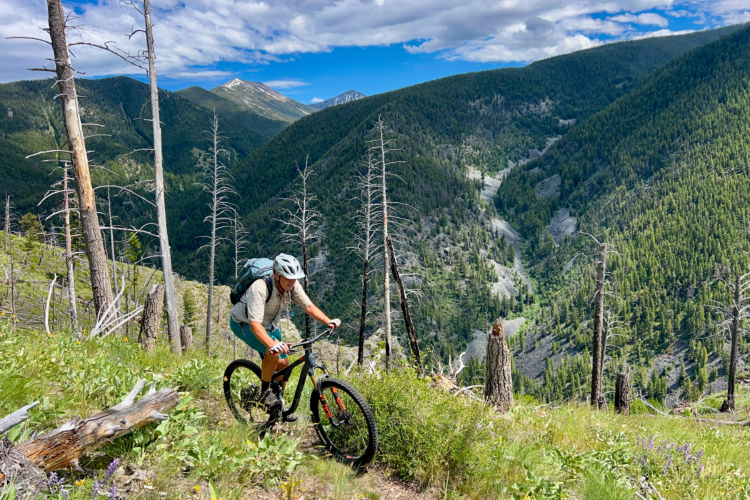
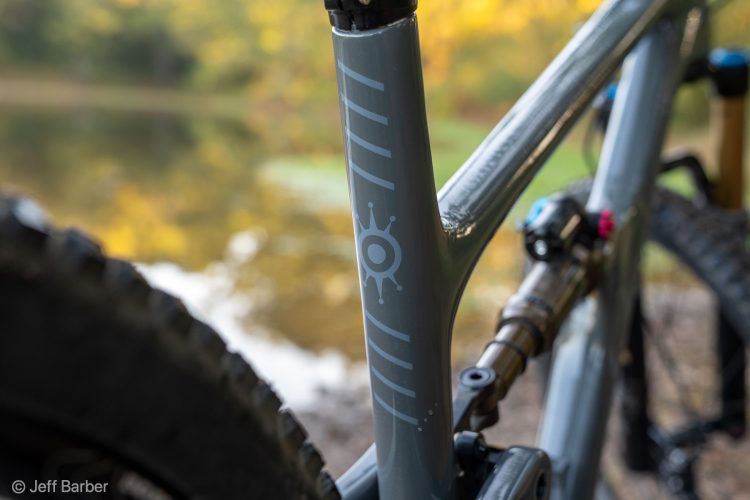


3 Comments
Mar 9, 2022
Dec 16, 2022
Mar 11, 2022